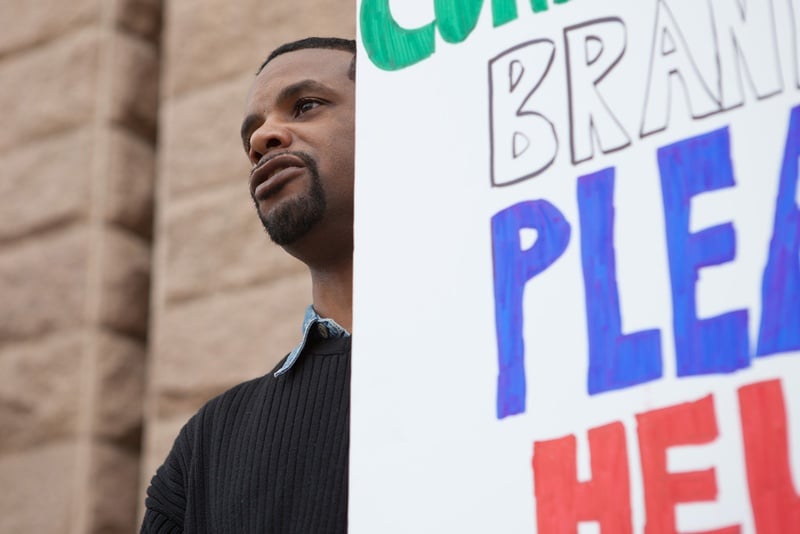Texas Workers Comp System Questioned After Oklahoma Ruling
In the wake of an Oklahoma Supreme Court decision striking down part of that state’s workers’ compensation law, Texas is now the only state that lets private companies opt out of a state-run system and draw up their own plans to compensate injured workers.
Before the ruling, Oklahoma had been the only other state offering an “opt out” provision.
That leaves some Texas attorneys and labor unions questioning whether the state’s nonsubscriber option for businesses will survive, but a spokesman for the Texas Department of Insurance said changes are unlikely because there are “significant differences” between the Oklahoma and Texas law.
Still, Richard Levy, secretary-treasurer of the Teas AFL-CIO, called the Oklahoma ruling “significant” for Texas and said the group is considering if a similar argument could be used to strike down the Texas opt-out provision.
“I would imagine that a lot of people in this area are looking at their Texas Constitutions right now,” Levy said. “Certainly, we expect this to be an issue in the upcoming legislative session.”
Major companies like Wal-Mart, Lowe’s and Costco have opted out of the Texas system with the help of attorney Bill Minick, president of the Dallas-based consulting firm PartnerSource. He helped launch the campaign to change the way companies take care of injured workers by establishing their own plans for covering medical costs. The private plans have been criticized for offering lower benefits and giving the companies inordinate control over health care decisions.
In 2014, 80 percent of Texas’ 7.7 million private employees were covered by the state’s workers’ compensation insurance, according to the most updated numbers from the Texas Department of Insurance. That left more than 1.4 million Texans covered in non-subscriber alternatives plans and 470,000 employees, or five percent, without any form of workers’ compensation coverage.
Minick said he isn’t worried about the Oklahoma ruling affecting Texas because Oklahoma’s constitution is vastly different and the court’s decision revolved around a “special law” provision unique to Oklahoma.
“The Texas Constitution does not prohibit business competition the way that the Oklahoma Constitution appears to,” he said. “To my knowledge, that statute and the manner in which the Oklahoma Supreme Court applies it is entirely unique to Oklahoma.”
PartnerSource does not have plans to push Texas lawmakers for new legislation in the upcoming session, but Minick said the group is continuously improving injury benefit programs in the state.
“The Texas nonsubscriber option has now been going strong for 27 years and successfully resolved over 1 million injury claims,” Minick said. “So there’s a lot of data that demonstrates better outcomes for injured workers, as well as cost savings for employers.”
Minick doesn’t think other states will shy away from trying to implement opt-out programs.
“We do believe that other state interests and alternatives will increase,” he said. “Most everybody wants to see injured workers receive better benefits, improve return to work, reduce claim disputes and reduce insurance premiums.”
Read related coverage from the Tribune:
- State regulators have told an injured truck driver what he already knew — that his insurance company failed to properly document his debilitating back injury — but the finding won’t help Juan Boston pay his medical expenses.
- On any given day across Texas, truck drivers might crash their vehicles, construction workers tumble from scaffolding or refinery workers inhale nauseating fumes. Many of those injuries will go unreported — as if they never happened. But what is written down about workplace injuries is more than just scorekeeping.
This article originally appeared in The Texas Tribune at https://www.texastribune.org/2016/09/20/texas-workers-comp-system-questioned-after-oklahom/.






